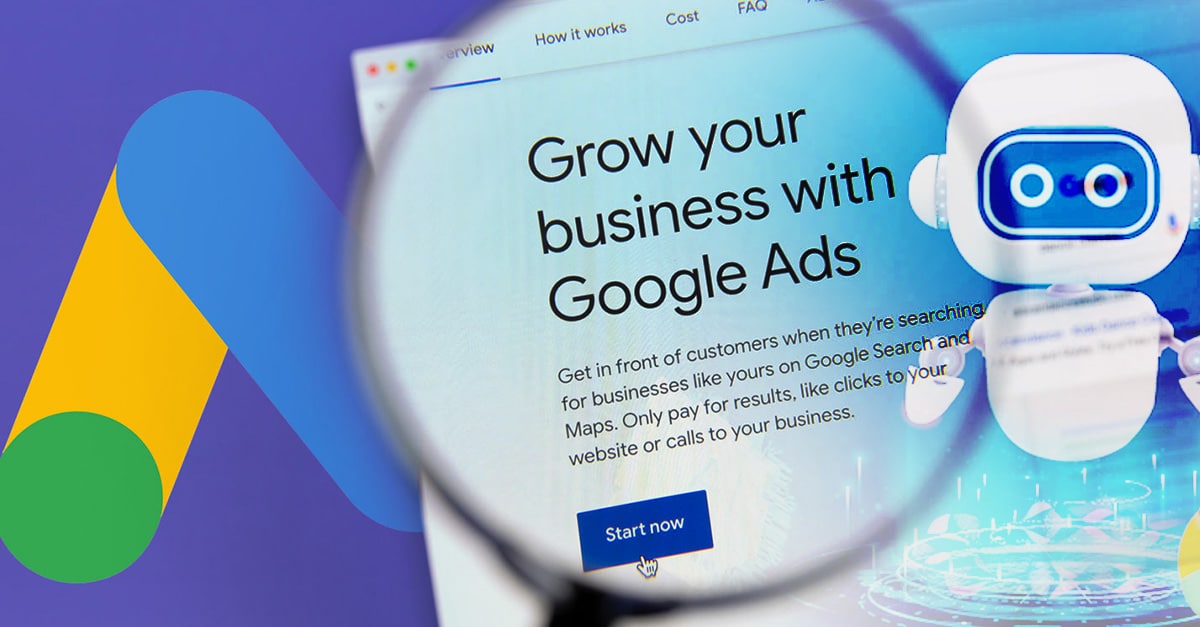
Data as Distribution: Why Feeding LLMs Matters More Than Publishing for Humans
Jan 13, 2026 / 25 min read
March 24, 2025 / 6 min read / by Irfan Ahmad

In 2023, Google processed over 5.6 trillion searches. That’s nearly 180,000 searches per second—a digital heartbeat that fuels a $280 billion advertising empire. But something’s shifting.
In the past twenty years, the way we go about looking for information has been revolutionized. AI-powered options like ChatGPT, Perplexity, and Bing AI are redefining the rulebook, allowing users to get answers instantly without the necessity of clicking on a single link.
And Google? It’s caught in a paradox.
The company is rushing to integrate AI into search—yet every improvement comes at a cost. The more Google enhances AI-generated answers, the fewer clicks go to external sites. Fewer clicks mean less ad revenue.
So, the real question isn’t whether Google can keep up—it’s whether Google’s biggest existential threat is Google itself.

For decades, Google has ruled search by matching keywords to web pages. AI is changing that. Instead of making users search for answers, AI-powered search engines deliver them directly to users.
This is not a minor adjustment—it’s a tremendous rethinking of the way people learn.
Google’s biggest worry? Search volume decreasing for the first time ever.
For the first time, Google’s dominance is challenged.
Google isn’t standing still, either. It’s been firm in search mode in the past year, rolling out major AI search initiatives:
But there is a deeper issue.
Google’s business model could be disrupted by these very innovations.
Google depends largely upon the revenue generated through search ads and estimates that 85% of its revenue stems from them. The issue, though, is that people interacting with the ads have begun to change with the advent of AI. Because AI-generated answers exist, the need to click on the ads is significantly lowered.
Risk Calculation: It has been estimated that Google could potentially miss out on $10 billion worth of annual revenue if they endeavor to replace regular search engines with AI ones.
Irony: Google is investing billions in AI search to play catch-up—but it damages Google’s core business more with better AI.
It is like a car company producing an autonomous vehicle that’s so perfect, nobody will ever have to purchase a car again.

Google’s AI Overviews are at the center of this shift. They use large language models (LLMs) to summarize answers from the web.
Google claims AI Overviews are 80% accurate—but what about the other 20%?
Right now, Google indexes and ranks websites. These websites create content because they have a traffic influx from Google.
But if AI-generated responses take place of clicks to sites, who will keep making content?
Prediction: If AI-generated results dominate, publishers will lose millions and websites will blacklist Google from scraping their data.
Others are already doing it:
This is how an information doomsday cycle can be created:
1. Google AI retrieves information from the internet.
2. Publishers prevent AI scraping.
3. Google AI has very little information, resulting in poor search outcomes.
4. People leave for better options.

Google’s main source of revenue is advertisements. Each click that results in AI-generated answers is a click that doesn’t earn ad revenue.
Possible losses:
Google’s Defensive Moves:
But the fundamental tension remains:
Google is the king of search. But in the AI era, the real question isn’t whether it can keep up—it’s whether search itself is becoming obsolete.
Google isn’t going anywhere—yet. It’s 5 trillion searches per year are giving it an unmatched data advantage. But AI is rewriting the rules.
Will AI search augment Google’s dominance—or kill its golden goose?
Right now, Google is playing a billion-dollar game of chicken with AI.
For the first time in two decades, Google’s future is uncertain.
And the answer to the biggest question—”Can Google keep up?“— might not be up to Google at all.

Jan 13, 2026 / 25 min read

Jan 12, 2026 / 20 min read

Jan 11, 2026 / 21 min read